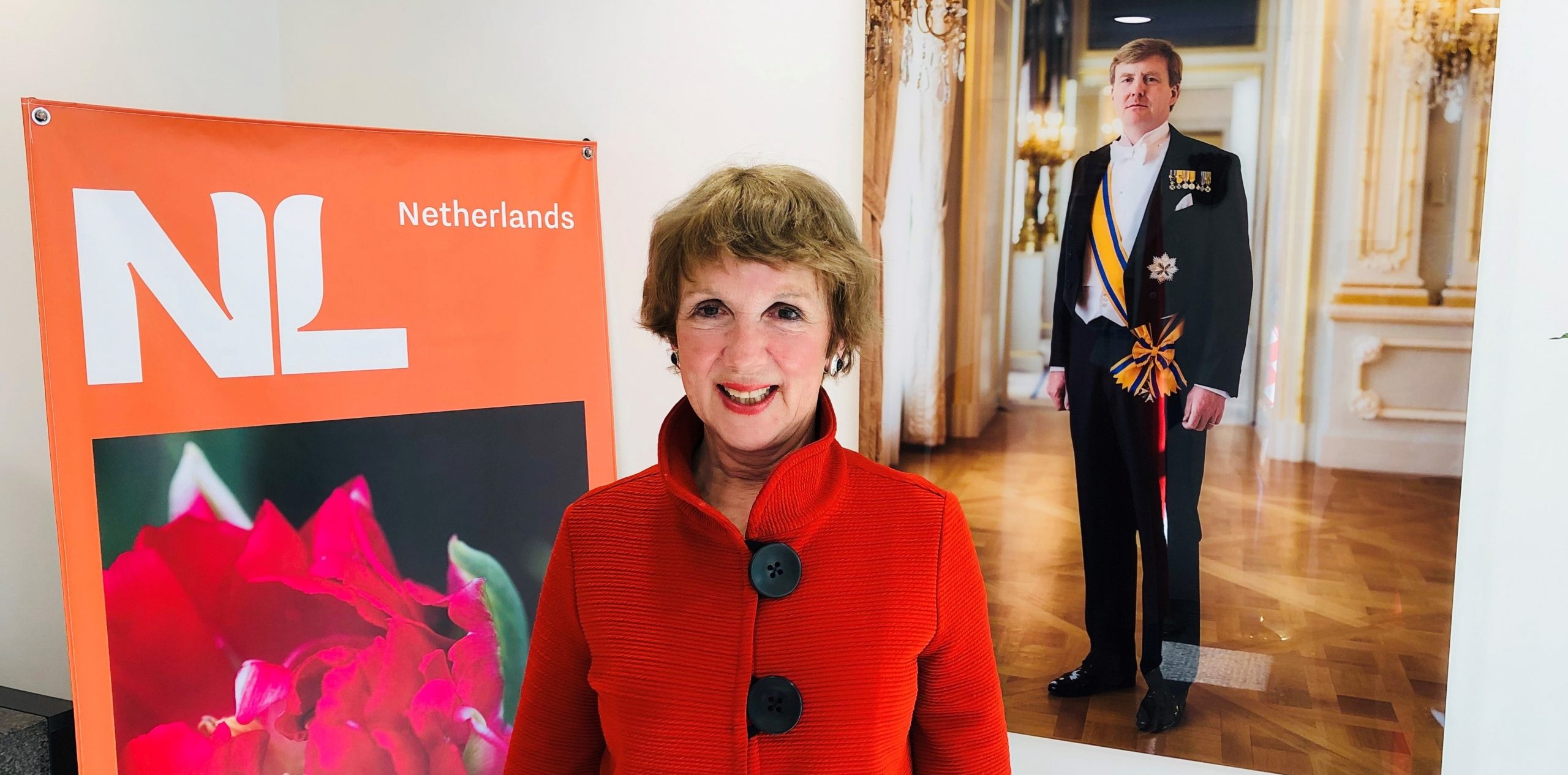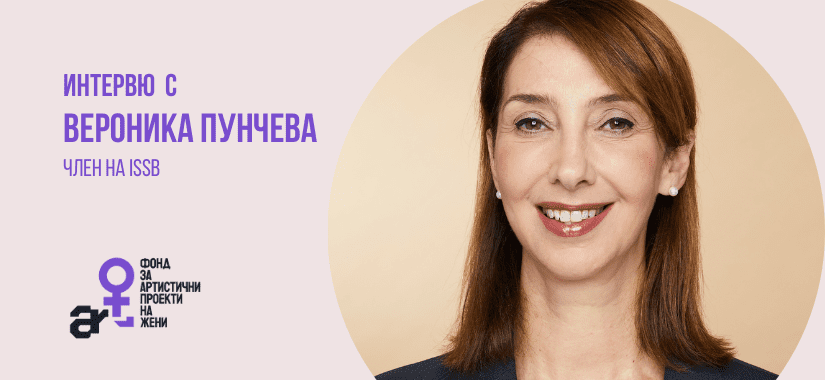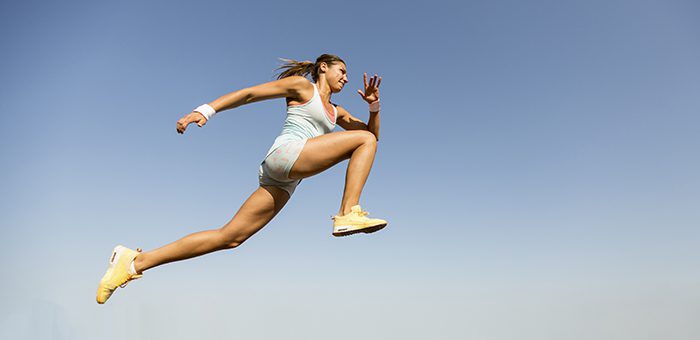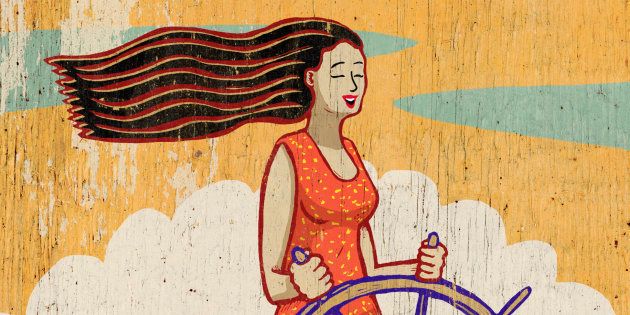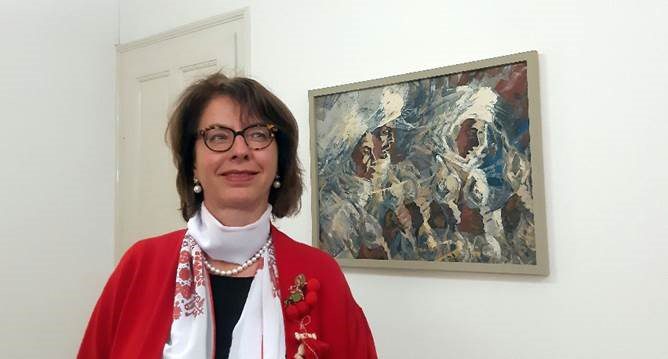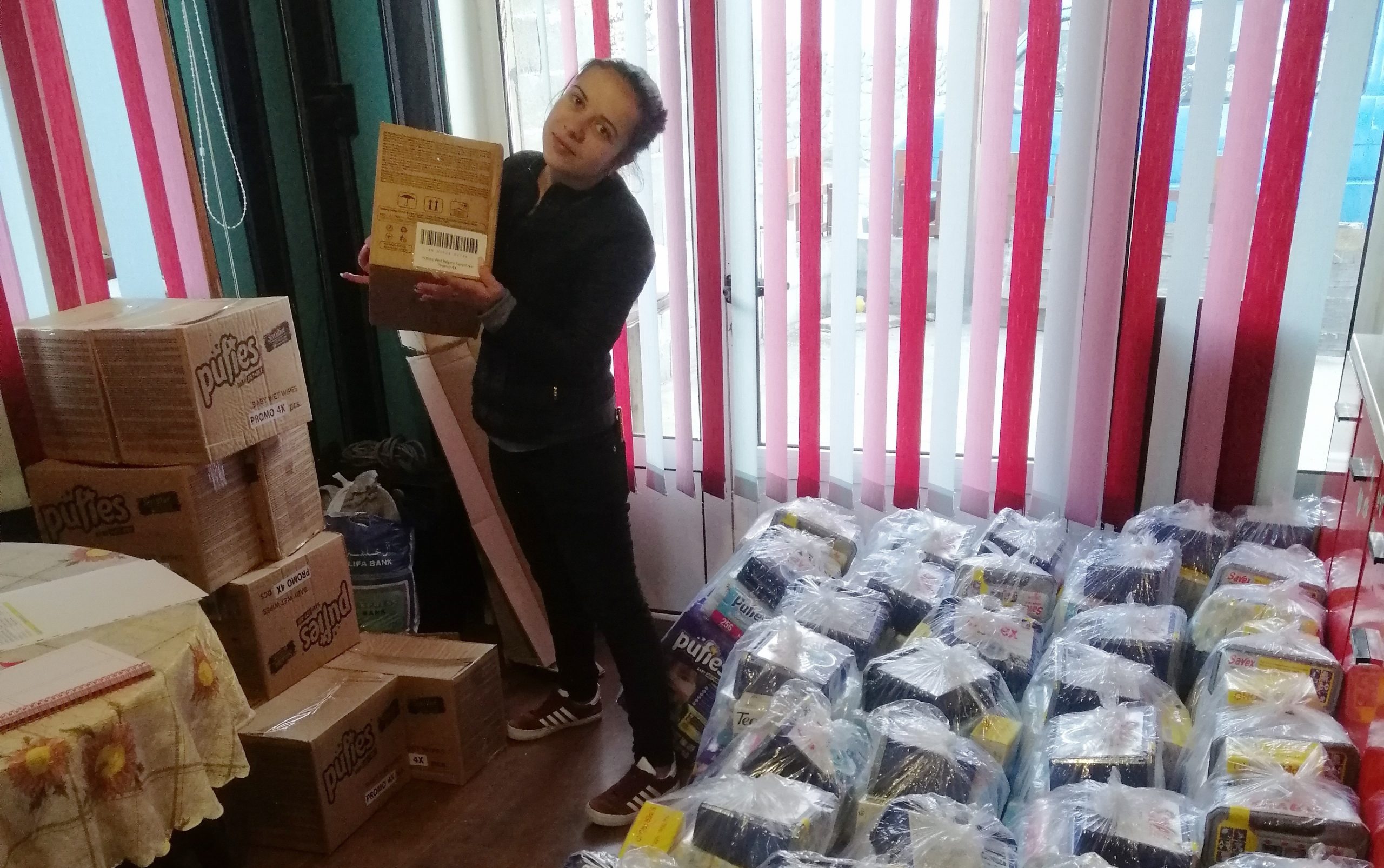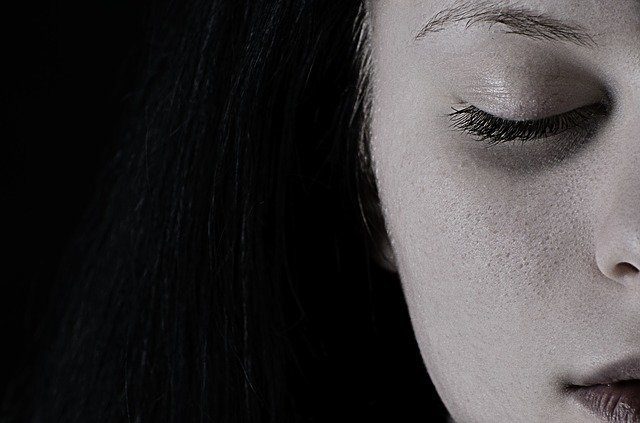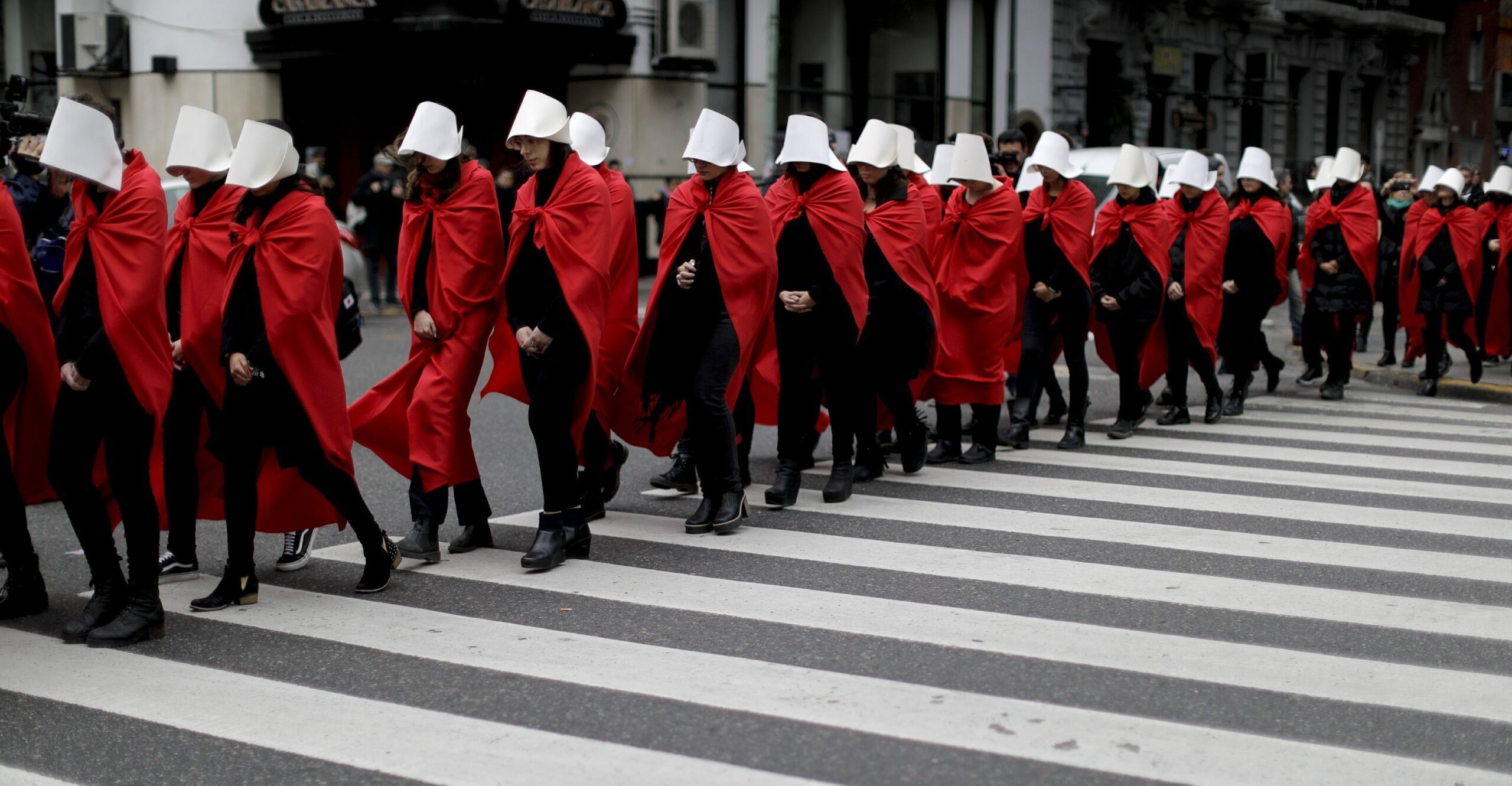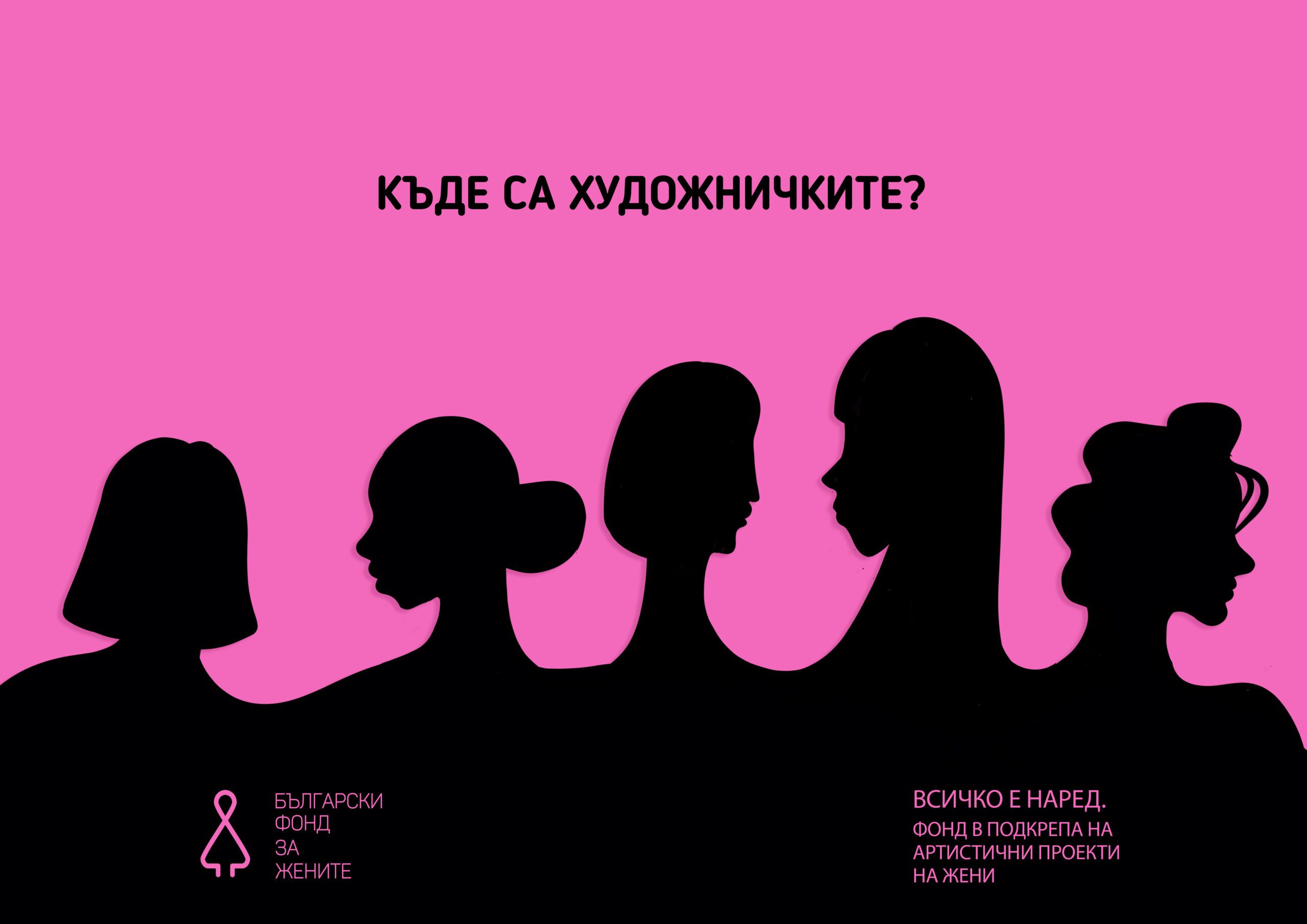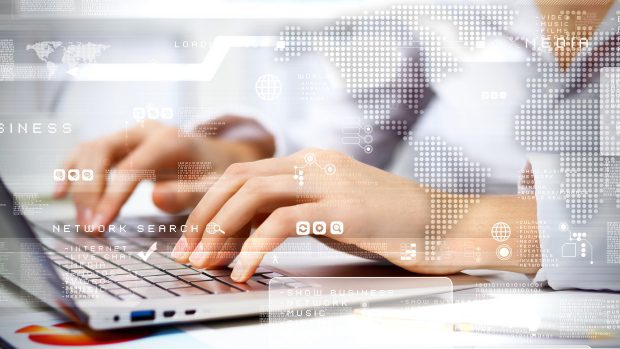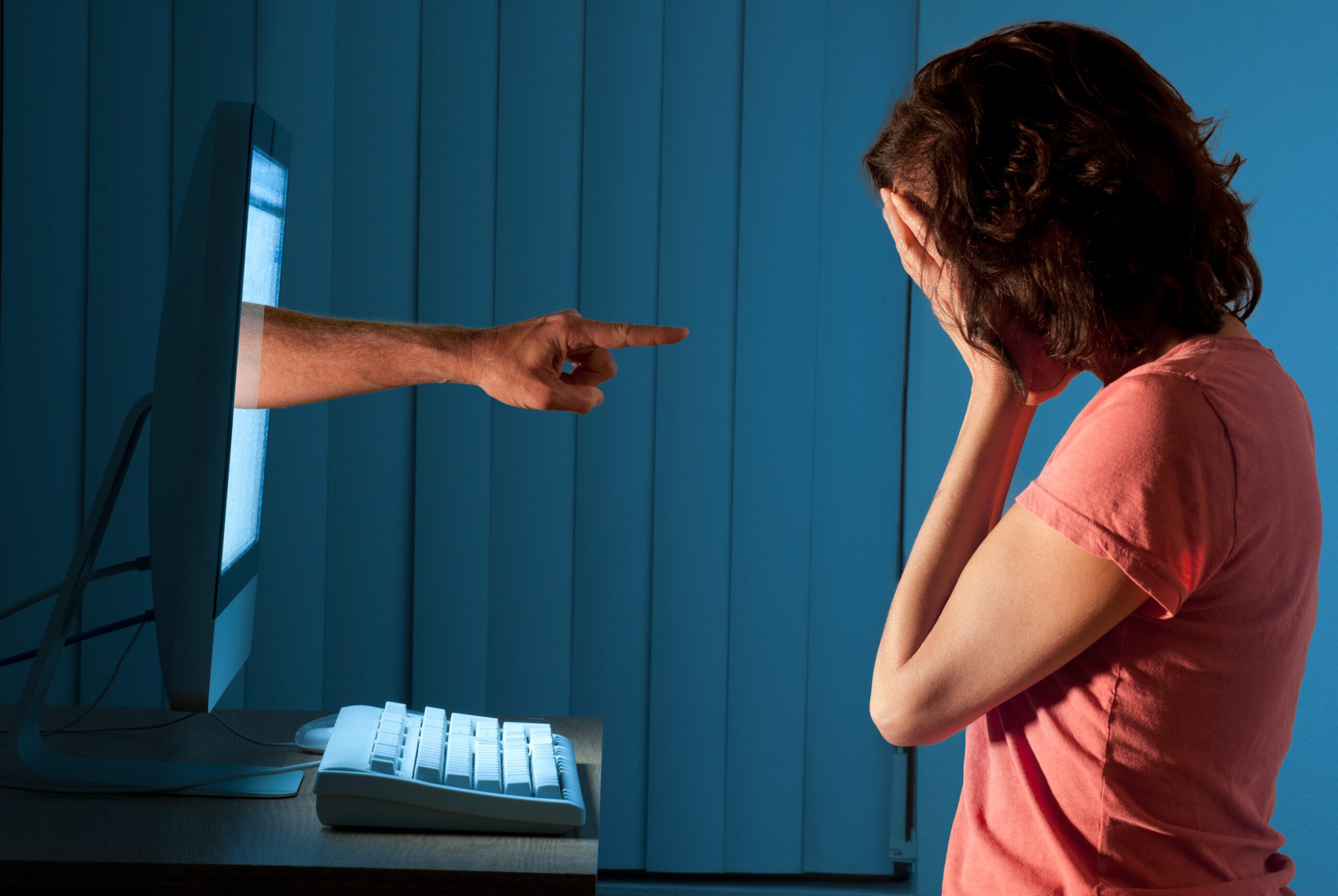The Embassy of the Kingdom of the Netherlands in Bulgaria became a partner of the Bulgarian Fund for Women and financially supported the implementation of 7 initiatives in connection with the celebration of March 8 – International Women’s Day. Following the Open Call of the Bulgarian Fund for Women for conceptual projects announced in January 2021, in which a record 112 proposals were received, 20 bold ideas were selected to be implemented in March to celebrate political, social, scientific and cultural achievements of women in Bulgaria and around the world.
The Embassy of the Kingdom of the Netherlands supported the implementation of 7 of the projects, which cover various topics: development of women’s entrepreneurship; support and social engagement of women with mental disabilities; developing and presenting interactive materials revealing the challenges and rights of women from the past and today to 120 teachers and youth workers from all over Bulgaria; promoting the UN Global Goals for Sustainable Development, including gender equality, through a series of online youth quizzes; mentorship mutual aid between women victims of domestic violence; the place of women in science and STEM, the stories of women farmers and organic food producers.
We from the Bulgarian Fund for Women invited Her Excellency Bea tan Tusscher, Ambassador of the Kingdom of the Netherlands to Bulgaria to give a short interview for us, in which to share with our followers and our community why the Embassy decided to support the BFW’s initiative and also to present Her country’s perspective and experience on women’s rights, gender equality policies and the contemporary challenges we all face.
Your Excellency, thank you very much for the financial support that the Embassy of the Kingdom of the Netherlands has decided to provide to the Bulgarian Fund for Women and the initiatives that we will support together with you on the occasion of International Women’s Day March 8! What was the motivation with which you and the Embassy stood behind the cause and the projects?
When we were approached by the Bulgarian Fund for Women with the proposal to support so many great projects on the occasion of the International Women’s Day, we did not hesitate even for a moment. Organisationally we had very little time, but the Netherlands and we, at the Dutch embassy in Sofia in particular, believe that women and girls should be empowered in all ways possible to be themselves, to be equal and strive to achieve their goals without discrimination. We immediately recognized your mission and accept it as our own. Furthermore, we appreciate the outreach of the activities of the Fund – covering the whole country and touching upon wide variety of topics.
From your perspective, what are the still existing inequalities for women in the 21st century? What is the state of women’s rights in the Netherlands and respectively in Bulgaria, as far as you know the situation?
Sadly, inequalities can be observed everywhere around the world. This also happens in the EU and in the Netherlands. According to the 2020 Gender Equality Index, the Netherlands ranks 5th in the EU showing positive developments in the domains of women’s participation on managerial positions, health services and others. But we fall short with regard to reducing the gender gap in earnings, increased risks of poverty of lone mothers, etc. In the same index Bulgaria is doing well in representation of women in high political positions, FTE employment rate and others, but suffers increased risks of poverty and others. There is much to be done in many perspectives and this is where initiatives such as the one of the Bulgarian Fund for Women are indispensable.
Does the Netherlands have targeted state and local policies to protect gender equality, combat discrimination and gender-based violence? What are they?
Violence against women can take various forms and can take place at work, at home, at school and online. Also in any country. According to a factsheet of the European Commission of November 2020, 1 in 3 women in the EU, aged 15 or older, have experienced physical and/or sexual violence, 1 in 2 women have experienced sexual harassment and 1 in 10 – online harassment. This is shocking.
Power imbalance and stereotypes about men and women are often to blame. That is why the Dutch government wants men and women to be on an equal and healthy footing. This is being done by making teenagers more resilient, challenging gender stereotypes and focus on sexual diversity.
Also, from a legal perspective, I should mention that in the Netherlands many human rights are laid down in the Constitution, which says that everyone in the country must be treated equally in equal circumstances. Furthermore, its Article 1 has been elaborated into a separate legislation, such as the Equal Treatment Act. But we believe that our efforts should go beyond our and the European borders. The Netherlands strives for achieving equal rights for women and girls around the world in various ways. For example, this is done by putting important issues on the agenda of all relevant international organisations, supporting projects through the Human Right Fund and the UN programmes, the SheDecides movement and many others. We also have a Dutch Human Rights Ambassador, bringing more cohesion to Dutch human rights policy.
How has the situation changed with the beginning of the COVID pandemic and do you think there is a deterioration, and perhaps an improvement in the state of women’s rights in some areas and aspects?
According to UN Women, 243 million women and girls aged 15-49 have been subjected to sexual and/or physical violence perpetrated by an intimate partner in the previous 12 months. And with the COVID outbreak domestic violence has intensified. Some countries report more than 30% increase. Analyses show that for every 3 months the lockdown continues; an additional 15 million additional cases of gender-based violence are expected. Responses to these negative trends may include social services addressing the violence against women and girls, active law enforcement reaction as well as psychosocial support.
What is it like to be a female diplomat? Do you find it harder when you are a woman?
Women play increasing role in diplomacy and in politics. It has been a long way and we still have not reached full equality in this respect. I believe that while men and women show different strong points, they also complement each other, reaching a balance. Like in the nature.If there is a good balance, we all win. All our characteristics can be valuable and that is why the diversity and equality are so important. I, myself, feel perfectly comfortable being a diplomat and this is something I am passionate about and good at.
What other inequalities besides gender are still facing the EU member states and how can we overcome them?
People can inspire each other, but they can also discourage and upset each other. And that is what inequalities do, even in our prosperous part of the world. Discrimination on race, colour, sexual preference, religion is a global issue which unravels the very fabric of societies and robs people of their sense of purpose and self-worth. To overcome it requires consistent and tireless efforts on every level. Only working shoulder to shoulder can we address inequalities.
What is the role of civil society organizations for these processes and the development of society?
Civil society is a key part of the solution in many different ways. It offers support to those who are affected by inequalities and gives courage to the whole of society to address these issues. An organized civil society is also important for decision makers and politicians. It makes them aware of existing problems and makes practical proposals about how to address inequalities. Therefore, we should give the necessary support and space to civil society to play an active role in fighting inequalities.
What is your message to the community of the Bulgarian Fund for Women (our grantees, the direct final beneficiaries of our projects, which are thousands, the feminist and wider women’s community that follow and supports us on social media)? What is your message to other donor organizations? Why is it important to invest in women and girls?
To the Bulgarian Fund for Women and all your grantees, my message is simple – keep up the great work! The women all over the world have walked a long way. A lot has been achieved, but the fight is not over! A lot more needs to be done in order to ensure that all women and girls, everywhere, will be treated equally, will feel safe and will be able to chase their dreams.
Photo: The Embassy of the Kingdom of the Netherlands in Bulgaria
